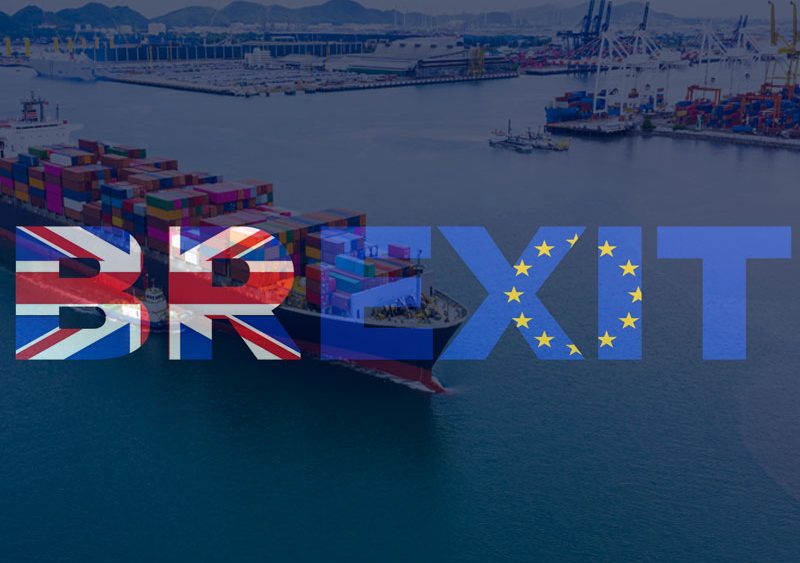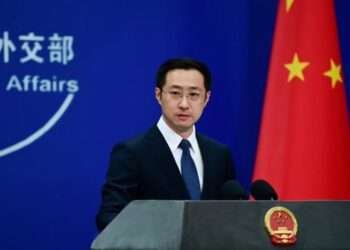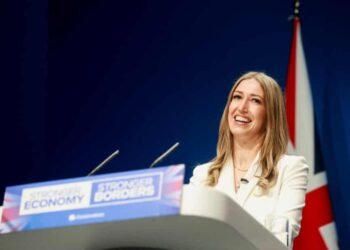The UK’s chief negotiator, Lord Frost has acknowledged that a Brexit trade deal with the EU is “still possible” even though it is “late.”
In a series of tweets, Lord Frost said he was looking forward to welcoming EU negotiator Michel Barnier to London for face-to-face Brexit talks this weekend.
“Some people are asking me why we are still talking. My answer is that it’s my job to do my utmost to see if the conditions for a deal exist.
“It is late, but a deal is still possible, and I will continue to talk until it’s clear that it isn’t.”
Lord Frost however warned that “for a deal to be possible it must fully respect UK sovereignty” adding that it is not “just a word – it has practical consequences.
“That includes: controlling our borders; deciding ourselves on a robust and principled subsidy control system; and controlling our fishing waters.
“We look to reach an agreement on this basis, allowing the new beginning to our relationship with the EU which, for our part, we have always wanted.
“We will continue to work hard to get it – because an agreement on any other basis is not possible.”

UK Prime Minister, Boris Johnson had earlier told reporters that “substantial and important differences” remain between the two sides.
“The likelihood of a deal is very much determined by our friends and partners in the EU – there’s a deal there to be done if they want to do it,” the Prime Minister said.
EU chief negotiator, Mr Barnier echoed his view, saying ahead of the discussions that, “significant divergences” still remain.
The resumption of talks at a senior level comes after one of the EU negotiators tested positive for COVID-19.

Britain left the EU at the end of January and entered into an 11-month transition period, following EU rules and regulations whilst trying to negotiate a free trade deal before 31 December.
The two teams have been attempting to finalize an agreement ahead of that deadline, although negotiations have continued to remain stuck on issues such as so-called “level playing field” commitments and fisheries.
If an agreement is not struck, the PM’s office has said the UK will end the transition period “on Australia terms” – meaning any trade the UK does with the EU will be subject to tariffs and quotas. It would not be a free trade agreement.
EU ambassadors have called on the executive European Commission to urgently prepare contingency measures for a no-deal.
Earlier this week, European Commission president, Ursula von der Leyen warned that “the European Union is well prepared for a no-deal scenario.”
The two sides are also trying to strike a trade deal on goods that would safeguard nearly $1 trillion in annual trade and buttress peace in British-ruled Northern Ireland.
The latter is a priority for US President-elect Joe Biden, who has warned that Boris Johnson must uphold the 1998 U.S.-brokered Good Friday Agreement that ended three decades of sectarian conflict in Northern Ireland.























